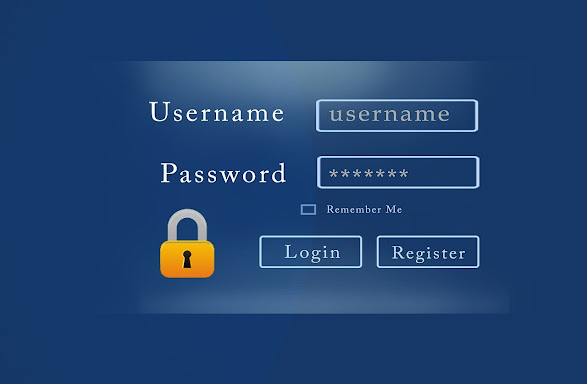Tips Keep Your Passwords Safe on Public Use Computer
 |
| Pixabay |
Read On 6 Easy Tips For Starting A Business
But what do you do when you are not at home or in the office? This poses a much greater security risk to your password and account security. Examples and billing of password hijacking, tracking of surfing activities, and on-screen information gathering seem to be common.
The best way to deal with these facilities is simply not to use them for medium or high-security purposes, e.g. B. for access to bank accounts or other highly sensitive services that you need.
But of course, we don't live in a vacuum, and circumstances may require you to simply do so at different times. So if it matters, there are many steps you should take to ensure your safety. These steps take a few minutes, but they increase your security many times over and give you peace of mind that your passwords, accounts, and information are not compromised.
Read On How To Start Dropshipping On Amazon
First, make sure that the computer you are using is spyware-free. The most malicious form of spyware is keylogging software that records your keystrokes. This will instantly compromise your passwords and everything that those passwords have access to. If the computer you are using has one of the branded spyware scanners installed, run it to make sure no hidden threats are lurking behind the scenes. On many public computers, the Start menu offers a selection of viruses or spyware. If none of these features are available on your computer, you can visit one of several websites to run a spyware scan without installing a full application on your computer. This is likely not allowed because it is a public computer. There are a number of these and you can select one (or more!) From an internet search for the words "online spyware scan". Most of these applications require a script to be installed and executed. It takes a few minutes to determine whether the computer is clean. Follow the instructions on the software provider's website. If there are threats that the software cannot easily remove, move to another computer and notify the owner of the problem.
The next step that you should take is to make sure that the browser you are using does not remember your usernames and passwords. For Internet Explorer, this function is called "Autocomplete" and can be deactivated via the options set in the menu. It is recommended that you test that this has been disabled by logging into one of your accounts with an incorrect password. Then close and restart the internet browser and start the login process again. If the system does not offer you a "saved" password when you re-enter the same username and incorrect password, you know that your passwords will not be saved. You can then log in with your real username and password. On the other hand, if you see a password or username before you've entered it, instead of entering your actual information, go back and try turning off autocomplete again. Otherwise, you should just switch to another computer.
When you have accessed your accounts and completed your sessions, make sure to remove as much activity from the computer as possible. Make sure you delete all "temporary files" and all "cookies" from your computer. This is done via a selection under the option settings of the browser you are using. This will help clear your traces of prying eyes after you exit the computer!
Read On What Is Marketing About And Sales On Internet
Our information, accounts, Resources, and the passwords that unlock them all are too valuable to be taken for granted or accidentally.
Knowing how to use passwords from home is only part of the methods and techniques we all need to know to protect our belongings, our security, and our personal and family identities.
You, too, can learn how to easily and easily create a range of strong passwords that are not compromised by any number of methods and are easy to remember at the same time.
0 Response to "Tips Keep Your Passwords Safe on Public Use Computer"
Post a Comment